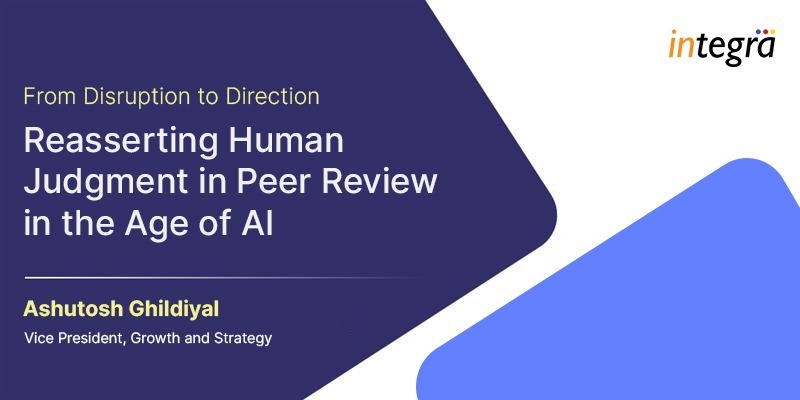
What are the core essentials that define an effective learning management system?
Intuitiveness. Intelligence. Personalization.
Let’s assume that for these aspects to come together seamlessly, we would need an augmenting force that is advanced in function, yet basic in form. An interesting possibility that offers promise to address this point is Artificial Intelligence (AI). AI could well be that catalyzing force to deliver an advanced level of sophistication to existing learning management systems. AI’s digital, dynamic nature opens opportunities for building personalized student engagement and immersive learning experiences that cannot be found in traditional e-learning environments. AI can be leveraged to automate low-level tasks and shift focus to a learner-centered framework, thereby accelerating the discovery of novel ways of learning through innovative technologies.
To be specific, AI is about building intelligent data-driven systems that can analyze a given environment and drive intelligent choices, thereby powering enhanced and informed decision-making.
So where does the game-changing potential of AI figure in the realm of learning management? An AI-assisted LMS can bring the learning, management, and system of the LMS into a more harmonious and effective alignment. Let us unravel some of the how’s!
- Adding Smartness to the LMS Equation
AI can bring out that much-vaunted smartness in the context of complex subject-matter learning. For instance, it can help digitize textbooks or create customizable learning digital interfaces that apply to both academic and corporate environments. AI can be leveraged to build powerful learning platforms that empower teaching faculty with the ability to design digital curriculum and content across a variety of devices, including video, audio, and simulations.
- Enabling Intelligent Teaching Assistants
Natural language processing is one of the early use cases of which AI has been successful at since it facilitates more spontaneous and natural communication between humans and computers. That being said, several conversational interfaces are being used in many areas of higher education, and there are opportunities to explore how to tap this potential in workplace learning.
Georgia State University created a chatbot to help handle incoming student inquiries about course enrollment and fees. In the pilot study, 50% of the students were first contacted by the chatbot, and to the other 50% used normal methods. The chatbot group had a 21.4% lower rate of drop out over the summer before enrollment. This indicates useful strides that AI can make in the area of personalized interactions that can be translated into positive student engagement in learning. AI can do more than condense a lecture into flashcards and smart study guides as it can also tutor a learner based on the student’s content related challenges and difficulties.
- Harnessing the Potential of Content Analytics
Analytics has long been considered to be valuable in making customization and personalization of learning content, easier and more practical. The same can be said about leveraging analytics for learning systems. Specifically, in learning management contexts. Content Analytics refers to AI (specifically machine learning) platforms that optimize learning modules. With the help of AI, content taught to learners can be designed to create maximum impact and optimized to take care of learners’ needs. Content Analytics enables educators and content providers not just create and manage their eLearning content, but to also gain important insights into learner progress and understanding through a powerful set of analytics.
So, why should organizations embrace AI for learning?
Learning is primarily governed by human-to-human interactions. It is true that the assimilation of AI with learning has not been at a pace that we would like, especially with developing the necessary human-like attributes of receptivity, versatility, and understanding. But the good news is that there are plenty of areas where AI’s inherent strengths can bridge high-need “gaps” in learning and training contexts.
AI’s capabilities can be leveraged to analyze large amounts of data in real-time and automatically provide new content based on specific learning parameters that helps meet learners’ need for continual engagement through adaptive learning, targeted practice and feedback. This provides teachers or trainers with useful insights into understanding the learner’s performance in order to orchestrate more effective personalized learning plans. AI doesn’t just enhance an LMS; it makes it truly responsive to learners’ needs: a system that adapts intelligently to learners’ requests and allows them to take control of their own learning.
Recent Blogs

Why LaTeX Still Matters in Scholarly Publishing—and How the Right Partner Makes All the Difference

Print, Pedagogy, and AI: The New Architecture of Educational Publishing


